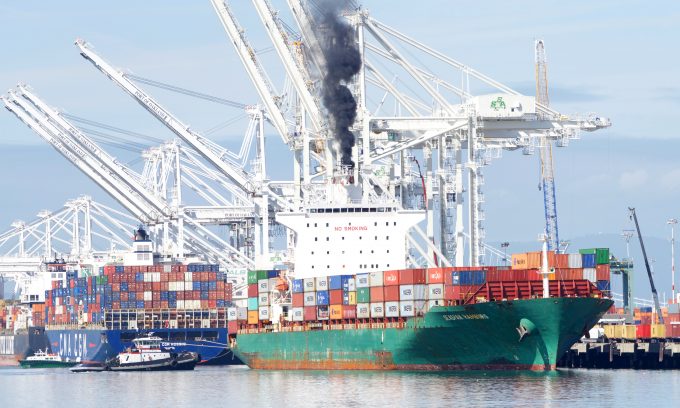Cargo Integrity Group reveals the most dangerous cargo found in containers
A list of 15 of the most dangerous cargo types commonly carried in containers has ...

Shipping has made mere “baby steps” towards decarbonisation, according to the Clean Shipping Coalition (CSC), even as industry figures hailed the shift towards a cleaner sector as great progress.
Shipping costs are already high for consumers of the service, but new measures to tackle climate change will mean that, even as demand for vessel services decreases post-pandemic, the costs for carriers will rise as regulations become more stringent.
International Maritime Organization (IMO) secretary general Kitack Lim hailed the latest meeting of the Marine ...
Maersk u-turn as port congestion increases across Northern Europe
Apple logistics chief Gal Dayan quits to join forwarding group
Maersk Air Cargo sees volumes fall as it aims for 'margin in favour of revenue'
Houthis tell Trump they will end attacks on Red Sea shipping
Transpac rates hold firm as capacity is diverted to Asia-Europe lanes
Airlines slash freighter capacity post-de minimis, but 'the worst is yet to come'
MSC revamps east-west network as alliance strategies on blanking vary
India-Pakistan 'tit-for-tat' cargo ban sparks sudden supply chain shocks

Comment on this article